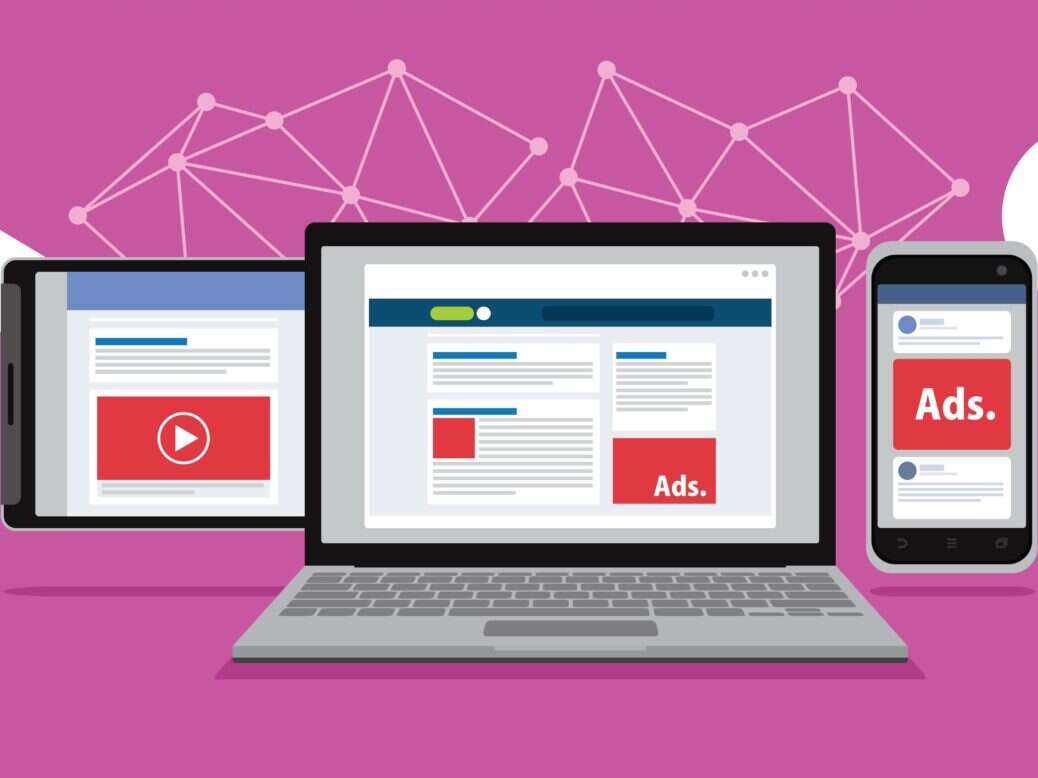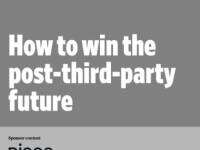
While subscriptions are the hot revenue trend in digital news media, advertising remains by far the most important online segment for most consumer publishers and how to grow it is a key question.
In the first quarter of 2021, digital advertising was the fastest-growing revenue stream for most UK newsbrands and magazine publishers — worth more than £200m. This dwarfs direct reader revenue from subscriptions and memberships. After a tough pandemic-hit 2020, online ad revenue is bouncing back fast for news publishers in the UK and US meaning there is added urgency for them to capitalise on that rebound.
This revenue is heavily dependent on third-party identifier cookies served via the dominant search engines. These are the files downloaded by readers which enable marketers to track readers and give them adverts relevant to their interests.
This display advertising revenue, worth tens of billions to publishers worldwide, is threatened by the demise of third-party cookies.
In June, Google postponed the end of third-party cookies in Chrome to late 2023 as widespread concerns abounded about its proposal to take audience-identifier technology out of the hands of publishers and into its own system.
However, according to the global analytics and activation platform Piano, publishers should act now to protect and grow that vital advertising income, rather than let Google dictate the pace of change or wait until the last minute to start planning for a replacement solution.
Piano’s chief growth officer Joanna Catalano says: “Publishers should use this delay to develop well-grounded strategies built on engaged, loyal users who are willing to share their identity and appropriate personal information.
“At Piano, over the past year we’ve been talking with publishers, brands, agencies, ad tech companies and industry experts, and it’s clear they all understand the value of this approach, but many aren’t sure where to start. This pause creates an opportunity to develop a solid strategy for engagement and converting anonymous users to known, known users to profiled.”
Piano helps publishers develop first-party and zero-party data strategies which are potentially far more effective and lucrative than the soon-to-be extinct third-party approach.
Third-party data is information gathered by an outside company about your readers. First-party data is information gathered by publishers about their own readers. Zero-party data is how Piano describes personal information volunteered by a reader to a publisher, and is the most valuable data a company can collect. This last category allows publishers to build a profile of their users and still be able to offer a personalised browsing experience after cookies are phased out.
The more readers consent to sharing their data directly with publishers, the more publishers worry less about changes to search engines and instead dictate their own direction.
Catalano says: “It’s clear from our learnings in the past year that publishers and brands will need more than a single approach to delivering relevant, appropriately-targeted advertising in the post-cookie era.
“It’s essential to identify technology and strategic partners who understand and can help execute a multi-faceted strategy that works across anonymous and known users, direct and programmatic advertising. Doing that will have immediate value, unlocking opportunity with the sizable share of the audience that’s already browsing without third-party cookies.”
Promoted whitepaper: Download Piano’s ten-page guide explaining how publishers can win in a world without third-party cookies. Packed with useful data and insight.
whitepaper: Download Piano’s ten-page guide explaining how publishers can win in a world without third-party cookies. Packed with useful data and insight.
How publishers can grow online advertising revenue in a world without third-party cookies
1) Start gathering first- and zero-party data
Start targeting segments of your audience and guiding them to register and provide their data with incentives such as the ability to access locked content.
2) Onboard tools for storing and managing consent
Whether it’s a data-management platform, a customer-data platform or a consent-management platform, work out now where you will store all of this data and consent.
3) Invest in audience segmentation tools
You need audience segmentation tools to create subsets of your users. This can be based on characteristics extracted from zero- and first-party data. They can also leverage lookalike modeling to produce larger audience pools.
4) Collect data at the right moment
Collecting more data over time requires thinking through the right moment in the customer journey to ask for it. At each stage, aim to understand how to move users deeper into the funnel with the right offers at the right time that will net you more data to round out your customer profile.
5) Vet identity partners
You need one of these to replace cookie-matching and activate all that zero- and first-party data you will collect. Be sure that you vet their offerings to see which identifier could work best for your business.
6) Start testing solutions now
As Travis Clinger, SVP, Addressability and Ecosystem, at Piano partner LiveRamp said at a recent Piano event, you don’t want to get caught trying to apply new technologies and strategies in the middle of the Q4 2023 holiday season. It’s worth testing different solutions, including identifiers and different data- or consent-management platforms, now.
Even with third-party cookies here for two more years, there are major payoffs to beginning your plan to replace reliance on this legacy technology now. Starting sooner means you’ll be well on your way to not only collecting richer data about your users, but also better engaging them with privacy-compliant, relevant advertising that might turn them into your most loyal customers down the track.
*This article was produced in association with Piano, one of Press Gazette’s trusted commercial partners
Email pged@pressgazette.co.uk to point out mistakes, provide story tips or send in a letter for publication on our "Letters Page" blog
